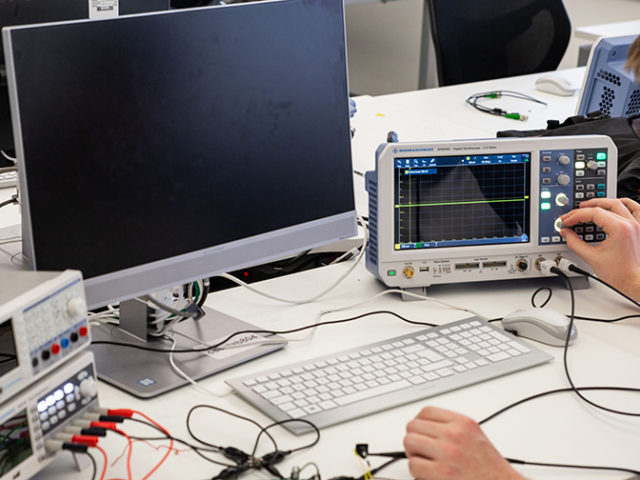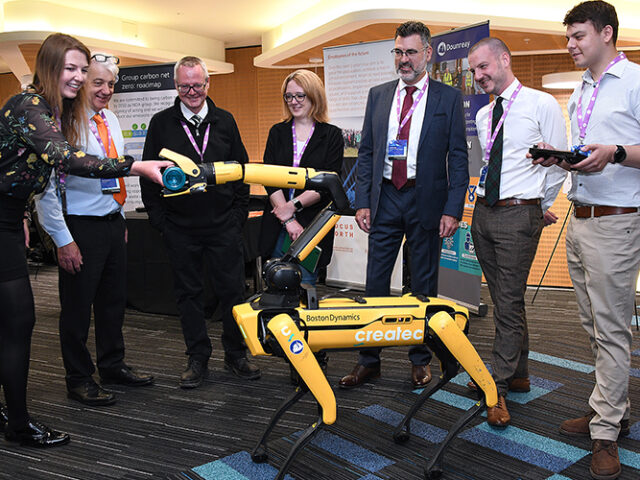If someone asked you right now how stressed you are, what would you say? A little? A lot? You do not know?
Those are all valid responses, but they are not especially useful to researchers and medical professionals because they are subjective and not easily quantified. Nonetheless, in lieu of a better method of measuring stress, the common method for years has consisted of a stress questionnaire. The main alternative to the questionnaire, a blood test, can provide quantitative data but requires a trained professional to draw the blood, and the stress of the procedure itself—being poked with a large needle—can skew the results of a lot of people.
But something better might be right around the corner.
Wei Gao, assistant professor of medical engineering at Caltech, has produced a wireless sweat sensor that can accurately detect levels of cortisol, a natural compound that is commonly thought of as the body’s stress hormone. In a new paper appearing in the journal Matter, Gao and his fellow researchers show how they designed and made the mass-producible device and how it works, and demonstrate that it is effective at detecting cortisol levels in near real time.
The development of an inexpensive and accurate device for measuring cortisol could allow for more widespread and easier monitoring of stress but also of other conditions including anxiety, post-traumatic stress disorder, and depression—all of which are correlated with changes in cortisol levels.
Source: “Sweat Sensor Detects Stress Levels; May Find Use in Space Exploration”, Emily Velasco, California Institute of Technology




